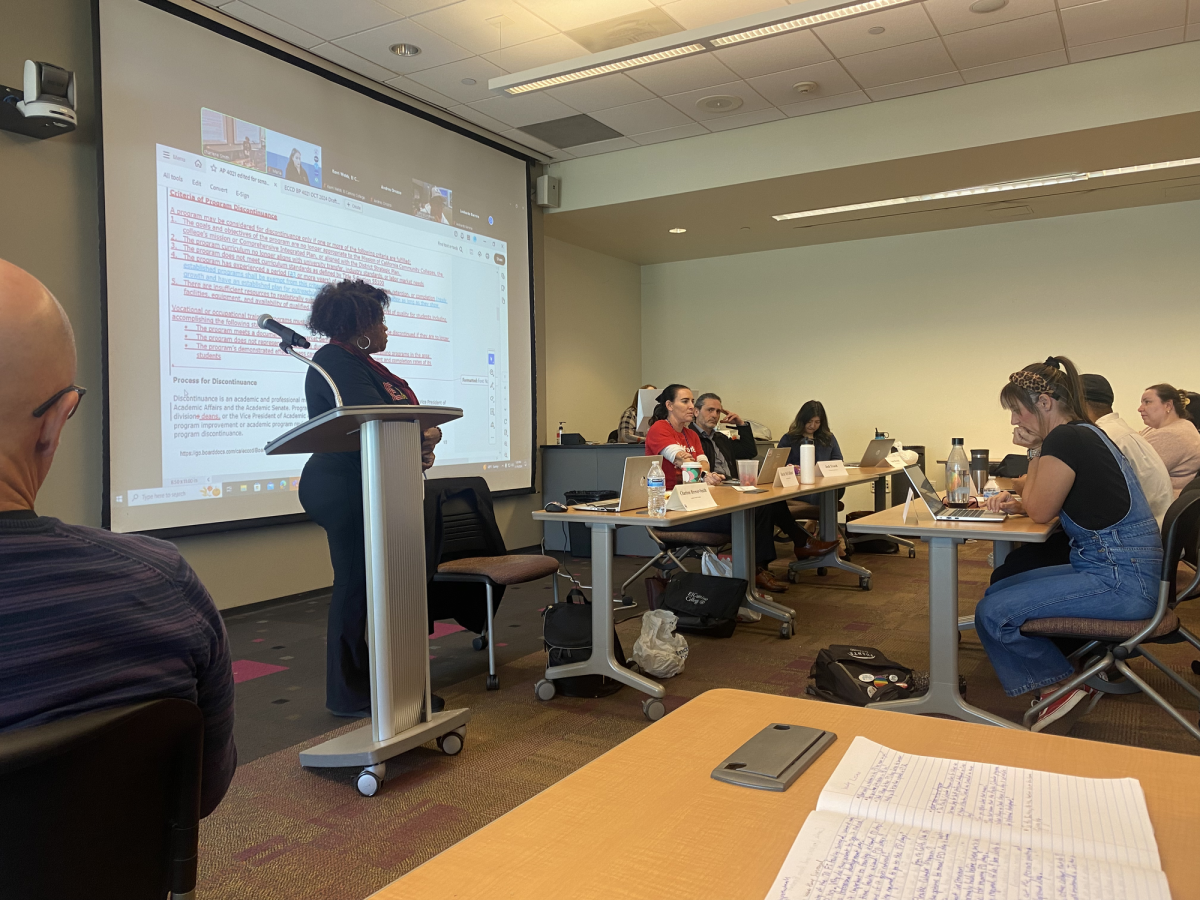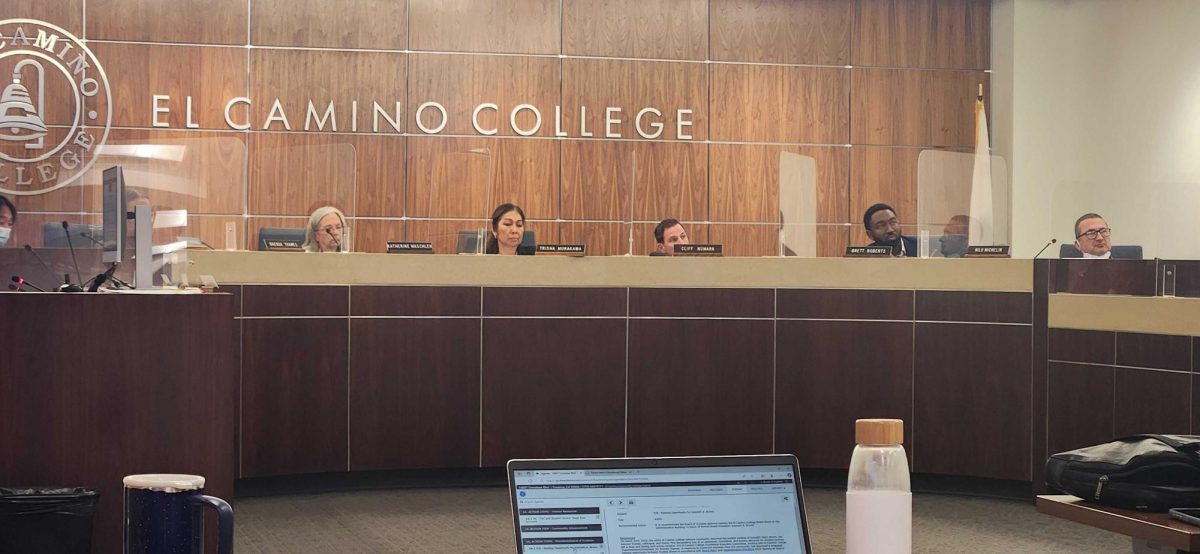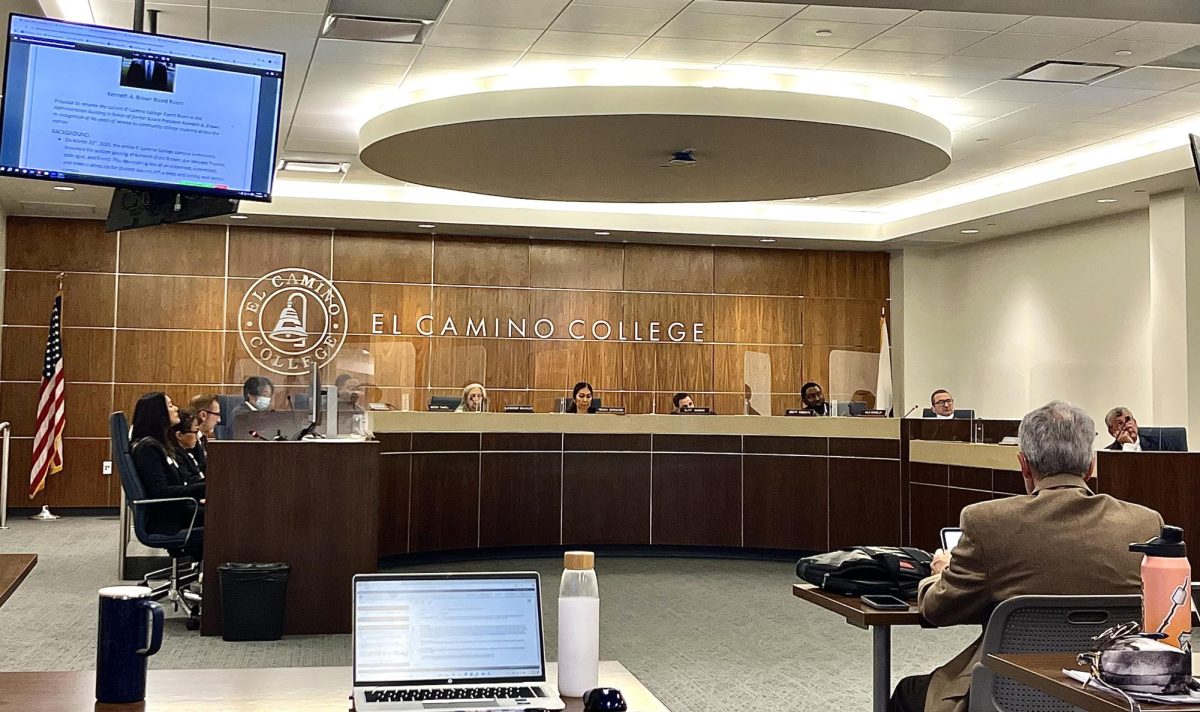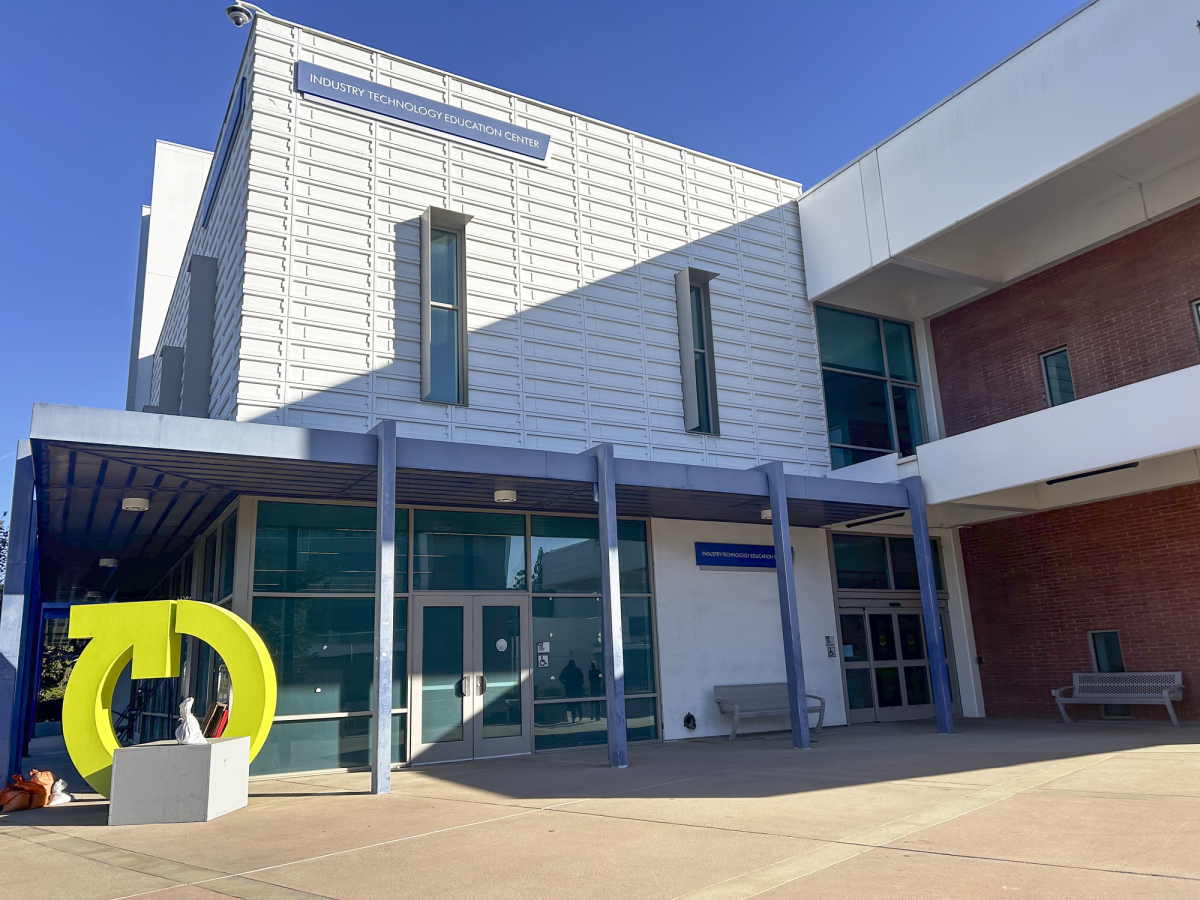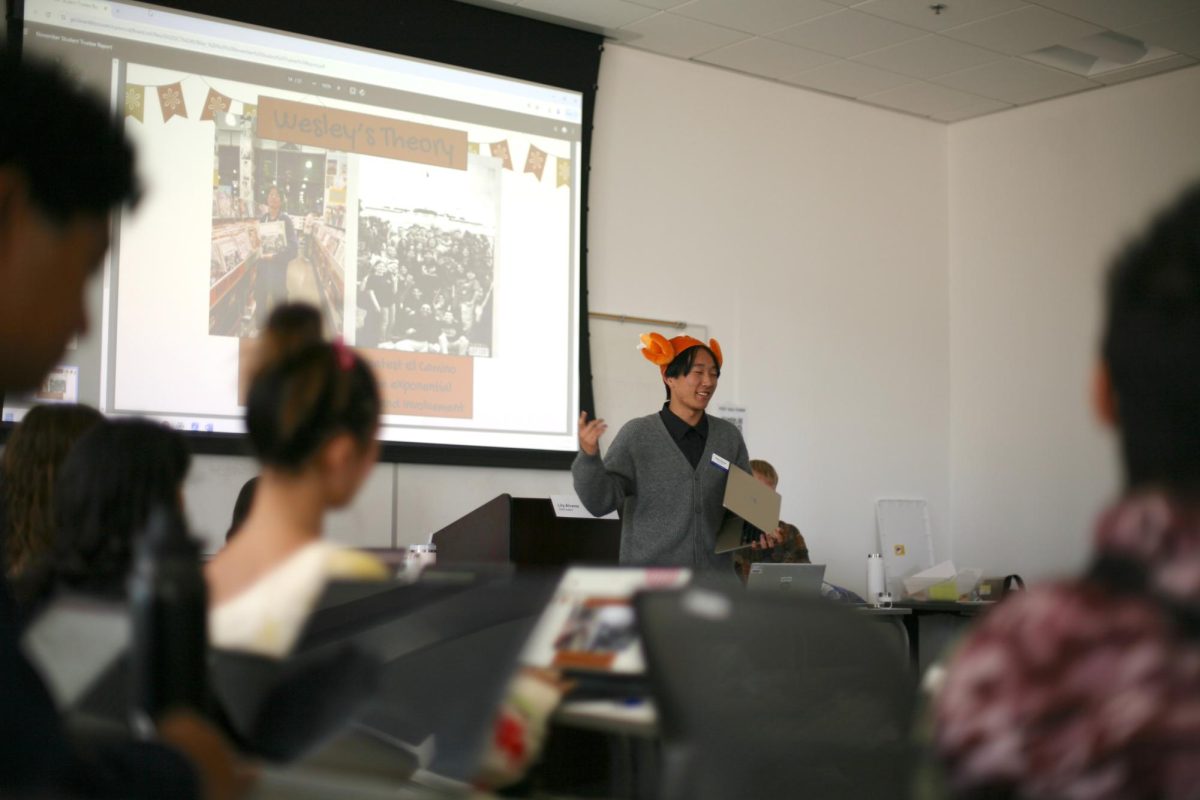On the way to being implemented, Senate Bill 850 would allow 15 community colleges to participate in a statewide baccalaureate degree program.
The pilot program would launch Jan. 1 with each participating community college offering one baccalaureate degree per district. The pilot program would begin no later than the 2017-18 academic year.
Students involved in the program would not be charged fees higher than the baccalaureate degree programs at the California State Universities or Universities of California. The students would have until the 2022-23 academic year to complete their degree, according to the bill.
“This gives students a career path,” Claudia Striepe, Academic Senate co-president, said. “They can complete full degrees all at one place.”
SB850 was introduced by Senator Marty Block of San Diego. The program would allow California to produce one million baccalaureate degrees in order for the state to remain economically competitive, according to the bill.
“This would raise the impression of community colleges from an institution that offers A.A’s to four-year degrees,” Striepe said.
With the demand for a higher education level in the workplace, the program would offer students and military veterans the chance to earn degrees in courses not offered by CSUs or UCs. It would provide students with the skills needed to get jobs in the vocational fields like health, biotechnology, public safety and other needed fields, according to Section One of the bill.
“I had no idea that this was even possible,” Sharai Rodriguez, 22, English major, said. “People would think higher of the community colleges and appreciate it more.”
The goal, according to the California Legislature, is that “community colleges can help fill the gap in our higher education system by granting baccalaureate degrees in a limited number of areas in order to meet a growing demand for a skilled workforce.”
Community colleges will create a curriculum unique to the degree and the college. Then they will have to report on the progress of its students who are enrolled in the program. They will also need to report on the programs success to the Chancellor’s Office and the board of governors. Once all of the information has been compiled, they then will decide on the future of the baccalaureate program, according to the California Legislature.
“More people would enter community colleges with higher goals in mind instead of stopping at and A.A,” Erica McMilliam, 25, nursing major, said.”They would be motivated to get a B.A”
The board of governors and the chancellor will develop and adopt a funding model that will support the statewide baccalaureate degree pilot program. The program would join 20 other states such as Florida and Hawaii offering similar degrees, according to Section One of the bill.
“This would help the local community and attract a wider variety of students outside of our district,” Streipe said.” The more diversity, the more eclectic the mix, the more interesting the classes are.”




